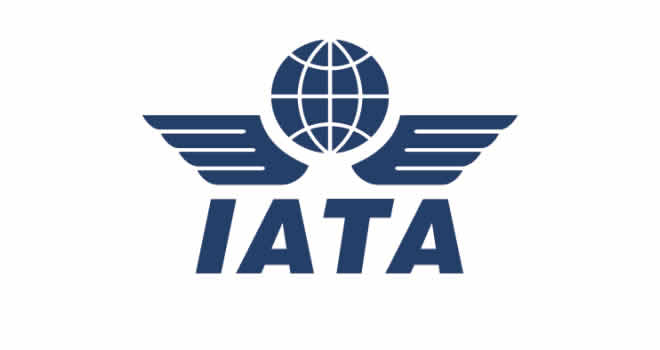The International Air Transport Association (IATA) has hailed the Federal Government for clearing 98 per cent of airlines trapped funds in the country, which the carriers had hitherto been able to repatriate.
The Director-General of IATA, Mr Willie Walsh, gave the commendation in a statement sent to the News Agency of Nigeria on Sunday.
According to Walsh, as of June 2023, Nigeria’s blocked funds amounted to 850 million dollars, which significantly affected airline operations and finances in the country.
He said the 98 per cent amounted to 831 million dollars paid, while the remaining two per cent amounted to 19 million dollars.
“At its peak in June 2023, Nigeria’s blocked funds amounted to 850 million dollars, significantly affecting airline operations and finances in the country. Carriers faced difficulties in repatriating revenues in U.S. dollars, and the high volume of blocked funds led some airlines to reduce their operations and one carrier to temporarily cease operations in Nigeria, which severely impacted the country’s aviation industry.
“However, as of April 2024, 98 per cent of these funds have been cleared. The remaining 19 million dollars is due to the Central Bank of Nigeria’s ongoing verification of outstanding forward claims filed by the commercial banks.
“We commend the new Nigerian government and the CBN for their efforts to resolve this issue. Individual Nigerians and the economy will all benefit from reliable air connectivity for which access to revenues is critical,” Walsh said.
The IATA boss, therefore, urged the government to clear the residual 19 million dollars and continue prioritising aviation.
Walsh also said there was a 28 per cent decrease in the amount of airline funds blocked from repatriation by governments.
According to him, the total blocked funds at the end of April stood at approximately 1.8 billion, a reduction of 708 million dollars (28 per cent) since December 2023.
“The reduction in blocked funds is a positive development. The remaining 1.8 billion dollars, however, is significant and must be urgently addressed.
“The efficient repatriation of airline revenues is guaranteed in bilateral agreements.
“Even more importantly, it is a pre-requisite for airlines, who operate on thin margins, to be able to provide economically critical connectivity. No business can operate long-term without access to rightfully earned revenues,” Walsh said.
He added that the main driver of the reduction was a significant clearance of funds blocked in Nigeria.
Walsh said that Egypt also approved clearance of its significant accumulation of blocked funds.
He said, however, that in both cases, airlines were adversely affected by the devaluation of the Egyptian Pound and the Nigerian Naira.
Specifically, eight countries accounted for 87 per cent of the total blocked funds, amounting to 1.6 billion dollars.
The countries are; Pakistan, 411 million dollars for 40 months; Bangladesh, 320 million dollars for 40 months; Algeria, 286 million dollars for 37 months; XAF Zone, 151 million dollars for 50 months.
Also, Ethiopia, 149 million dollars for 58 months; Lebanon, 129 million dollars for 52 months; Eritrea, 75 million dollars for 116 months and Zimbabwe, 69 million dollars for 84 months.
IATA, still, urged governments to remove all barriers to airlines repatriating their revenues from ticket sales and other activities under international agreements and treaty obligations.
NAN



